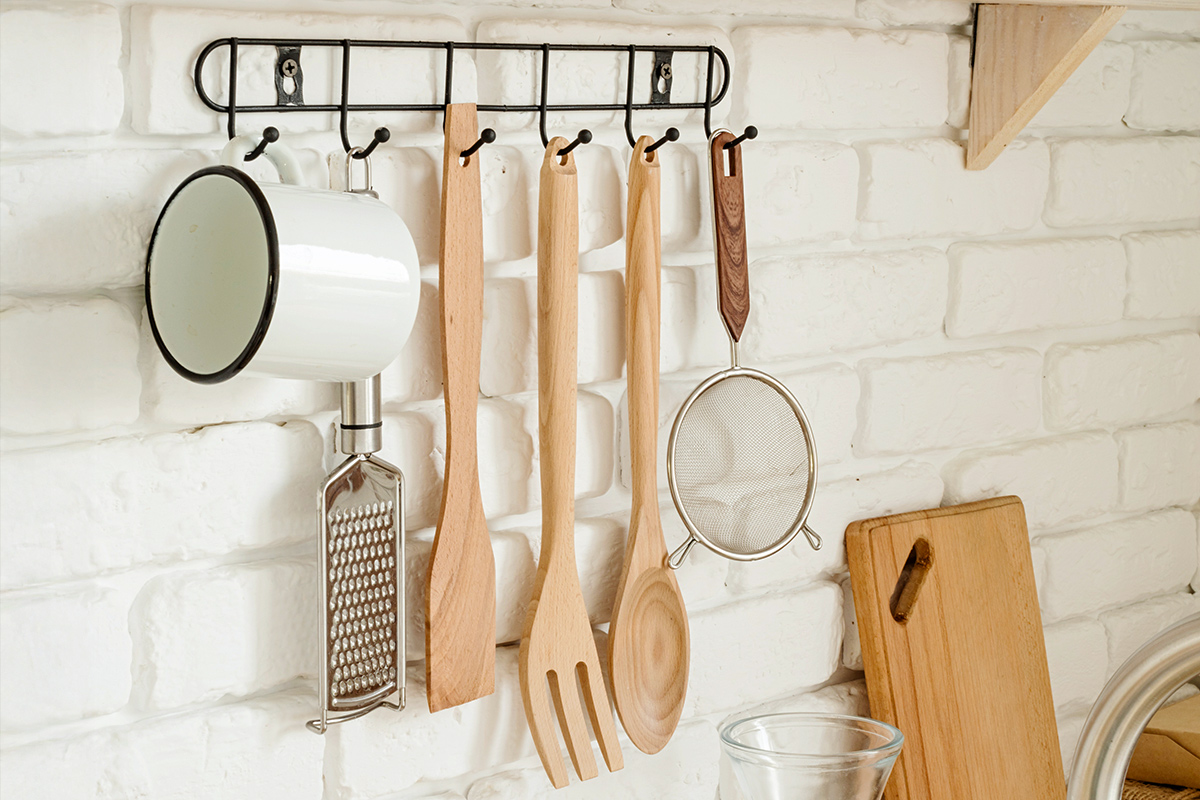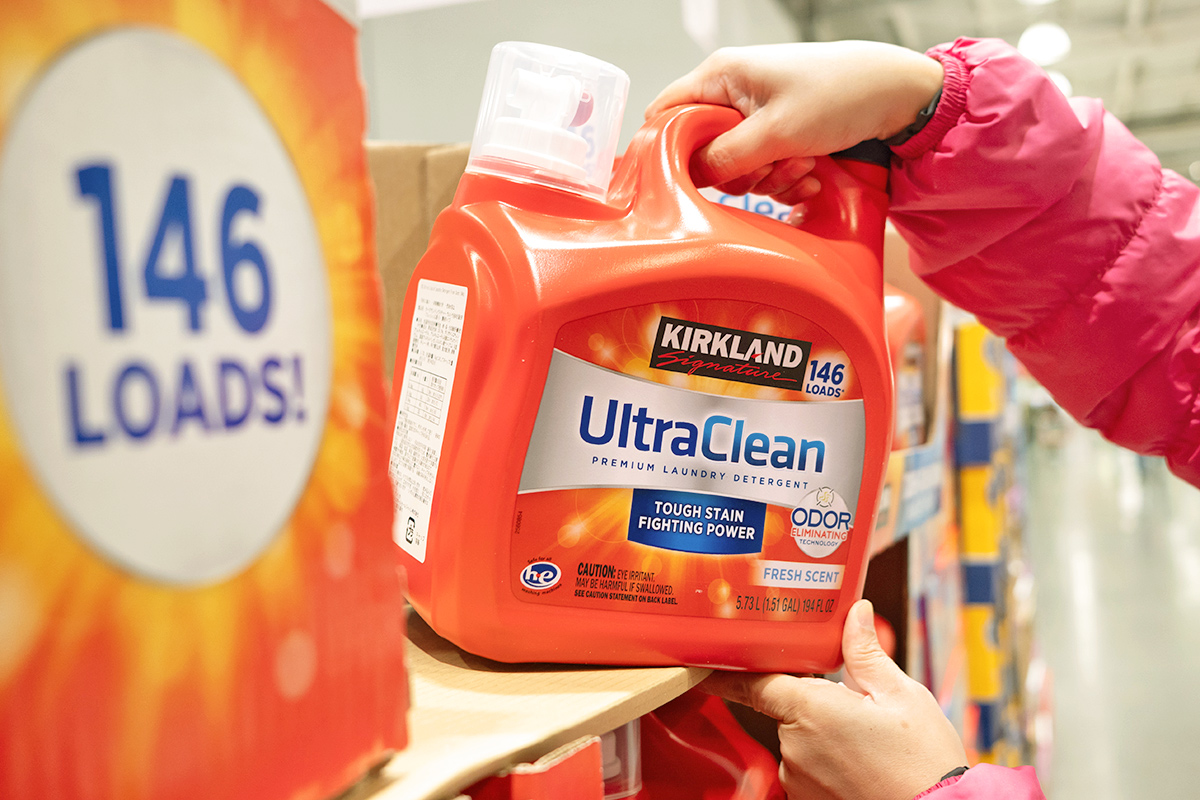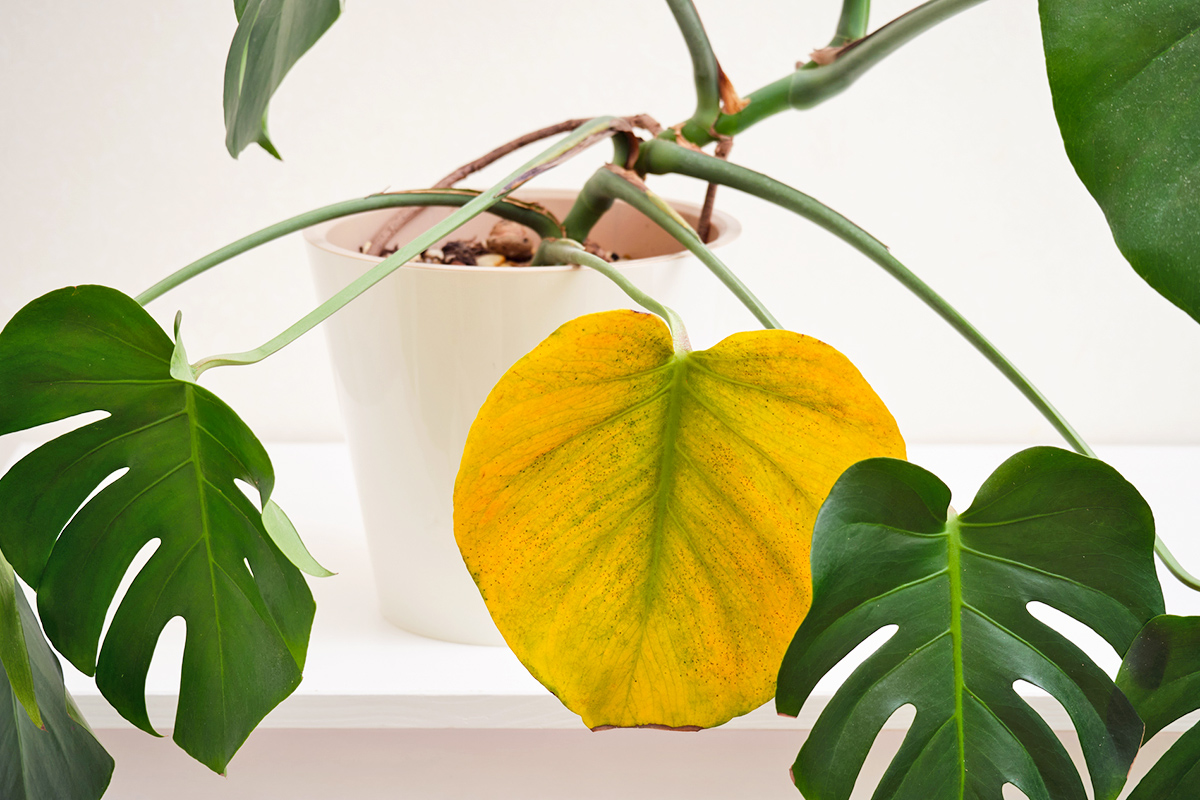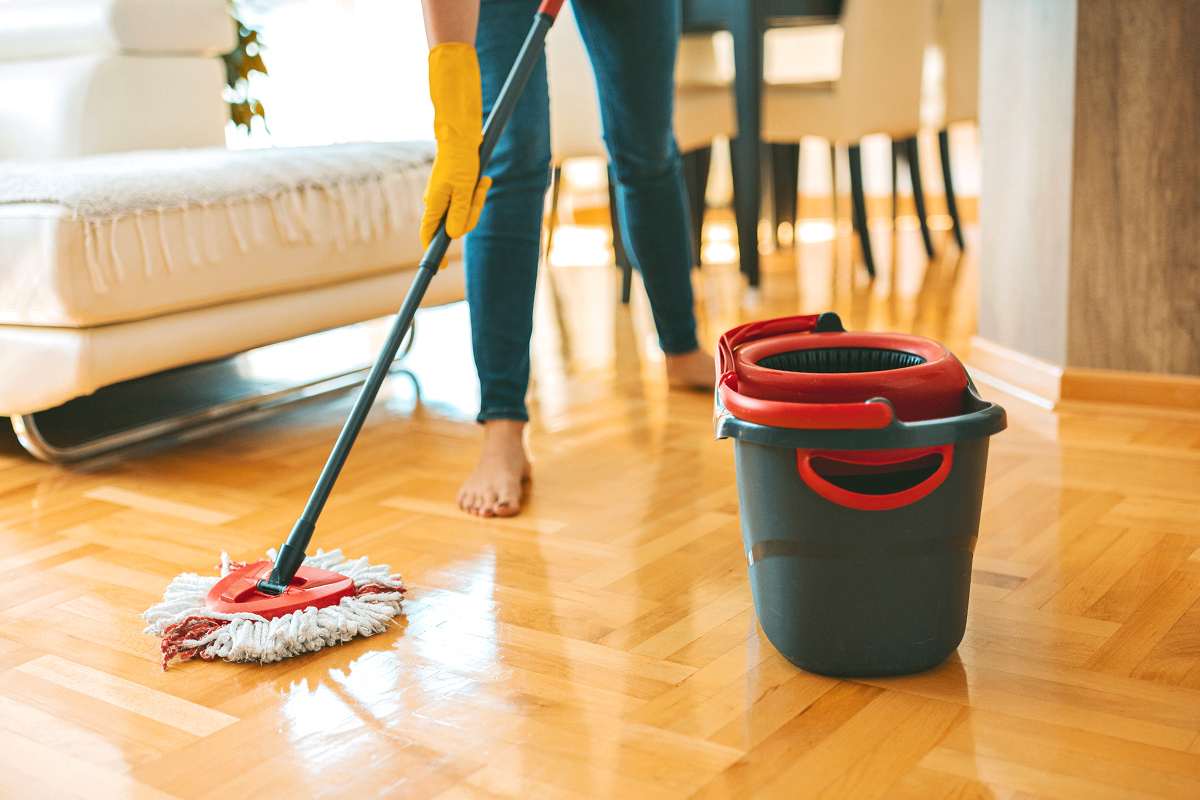Poor ventilation is common in bathrooms, particularly those with a smaller footprint or lacking an exhaust fan. High humidity created by running water can lead to mold and mildew growth. Just as towels benefit from being stored outside the bathroom to prevent funky odors, other items we commonly associate with that space are best kept…
Although bathroom shelves are convenient for storing things like makeup, medicine, and perfume, they can become breeding grounds for bacteria and pose a health hazard. If you have extra storage space outside the bathroom, it’s best to keep certain items away from the humidity and temperature fluctuations when they’re not in use. If you’re limited on storage space, however, be sure to clean or replace items regularly.
It’s time for a bathroom purge — here are eight items that you should consider relocating.
1. Towels and Linens
It might seem counterproductive to store your bath towels outside the bathroom, but when wet towels are left in a moist environment, they take even longer to dry, making them especially vulnerable to mildew. One solution is to hang your towel on a hook behind your bedroom door, or wherever you see fit, and grab it on your way to the shower. The same goes for linens. Even if you have extra storage space in your bathroom, linens shouldn’t be kept there because they can absorb mildew-causing moisture.

2. Makeup
If you go through your makeup products fairly quickly (e.g., every few weeks), storing them in the bathroom is probably fine, as the humidity likely won’t have enough time to cause significant damage. On the other hand, if you spend a lot of money on your collection or value its longevity, that makeup is best stored elsewhere. Liquid and cream products, as well as damp brushes and sponges, are susceptible to bacteria growth, while powder products can become cakey due to moisture absorption.

More from our network
House Outlook is part of Inbox Studio, which publishes content that uplifts, informs, and inspires.
3. Extra Toiletries
If you have extra toiletries and bulk products such as toilet paper and cotton swabs, consider keeping them in a closet or elsewhere in the house. When these packages are opened, they can collect mildew, bacteria, and dust. Razor blades and metal shaving cream cans, meanwhile, rust easily, and bars of soap may melt in a hot, humid bathroom. Certain skin care products, such as vitamin C and retinol products, may also lose potency when housed in areas with extreme temperature fluctuations.

4. Perfume and Nail Polish
Humidity affects perfume and nail polish similarly. High humidity and temperatures cause fragrances to change and degrade by breaking down or oxidizing their ingredients. Sunlight in the bathroom can also alter your favorite perfume’s scent — and not for the better.
Nail polish will separate faster when stored in a bathroom than in a dry storage area. It can also become thick and clumpy as the solvents that keep it liquid evaporate in the warm and humid environment.



5. Medicine
Medication, vitamins, and supplements should always be stored in a cool, dry place. In fact, if you check the label on vitamins, you’ll usually see this exact wording. That’s because wet or damp conditions deteriorate the efficacy of medication, both prescribed and over-the-counter. Its shelf life will be extended if you keep the bottle somewhere else, away from heat sources or direct sunlight. Consider a dresser drawer, a pantry shelf, or a dedicated storage container.

6. Jewelry
To prevent your jewelry from tarnishing, avoid leaving it in the bathroom to bask in the humidity. Your daily jewelry can be taken off and left on a dry countertop while you shower, provided it’s not left there for long periods of time, but store your lesser-worn items in a jewelry box or hanging organizer outside of the bathroom.

7. Electronics
Only waterproof electronics, such as electric toothbrushes and razors or certain Bluetooth speakers, are safe to store in the bathroom. Hairstyling tools such as blow dryers and straighteners are generally OK if they’re tucked away in a drawer or cabinet, but if they come in contact with water, they can short-circuit, permanently break, or worse, cause a fire.

8. Books, Magazines, and Photos
Reading on the toilet is a favorite pastime for many, but books and magazines should not be stored in the bathroom because they can attract mold and mildew. The same is true for treasured photos and artwork. Even if they’re framed and hung on a wall, moisture can still seep in and cause damage. For that reason, it’s best to display moisture-resistant pieces made of metal or glass, or inexpensive, sealed canvas prints.



















